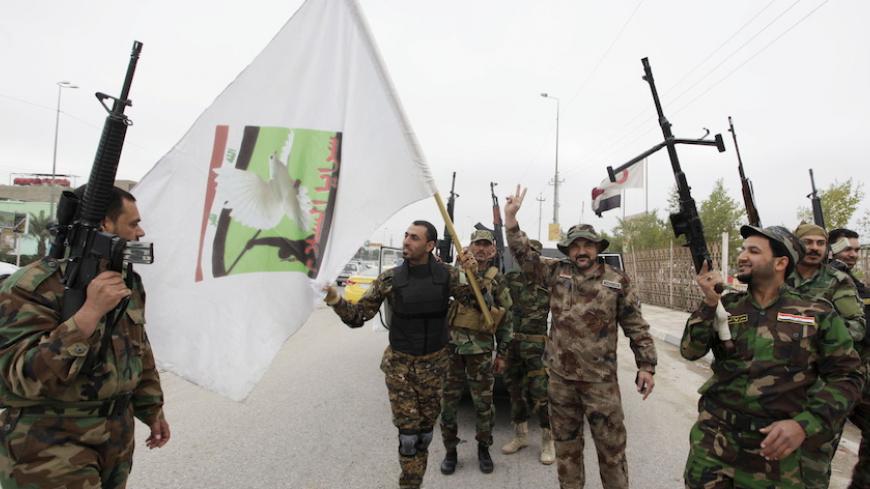BAGHDAD, Iraq — The Iraqi government recently announced the launch of an effort to remove signs of militarization from the country's cities. The Interior Ministry issued a statement July 17 to that effect, based on directives from Prime Minister Haider al-Abadi, that included such measures as reducing the number of checkpoints and relocating military bases and offices outside the cities.
“Arms have been in the streets and at checkpoints, and men in military uniforms have been deployed in the cities since the 1970s,” said Walid Youssef Atto, a researcher on Iraqi history. The militarization intensified significantly with the recruitment of additional soldiers for the paramilitary People's Army after President Saddam Hussein launched the war against Iran in 1980. Following Hussein’s ouster and the 2003 US-led invasion, the militarization of civil life again increased, perhaps peaking when the Islamic State (IS) took control of Mosul in June 2014, and Grand Ayatollah Ali al-Sistani's call for Iraqis to mobilize against the extremists led to the reconstitution of previously disbanded militias and the formation of new ones.



